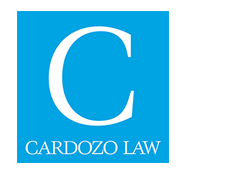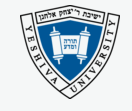Publication Date
2020
Journal
Emory Bankruptcy Developments Journal
Abstract
Bankruptcy trustees are suing universities because the insolvent parent of an adult student has written a tuition check while insolvent. The theory is that the university is the initial transferee of a fraudulent transfer that has provided benefit to the student but not to the parent debtor. This article claims that the university is never the initial transferee of tuition dollars. Rather, the student is. Where the university has no knowledge of parent insolvency, the university can count educating the student as a good faith transfer for value, thus immunizing the university from liability. The unpleasant side effect is that the student is liable as the initial transferee of a fraudulent transfer, and this liability is not dischargeable should the adult student seek refuge in bankruptcy.
Volume
36
Issue
1
First Page
15
Last Page
58
Publisher
Emory University School of Law
Keywords
bankruptcy, fraudulent transfer, tuition, higher education, mere conduit
Disciplines
Bankruptcy Law | Commercial Law | Contracts | Education Law | Law
Recommended Citation
David G. Carlson,
Tuition as a Fraudulent Transfer,
36
Emory Bankr. Dev. J.
15
(2020).
https://larc.cardozo.yu.edu/faculty-articles/796
Included in
Bankruptcy Law Commons, Commercial Law Commons, Contracts Commons, Education Law Commons



